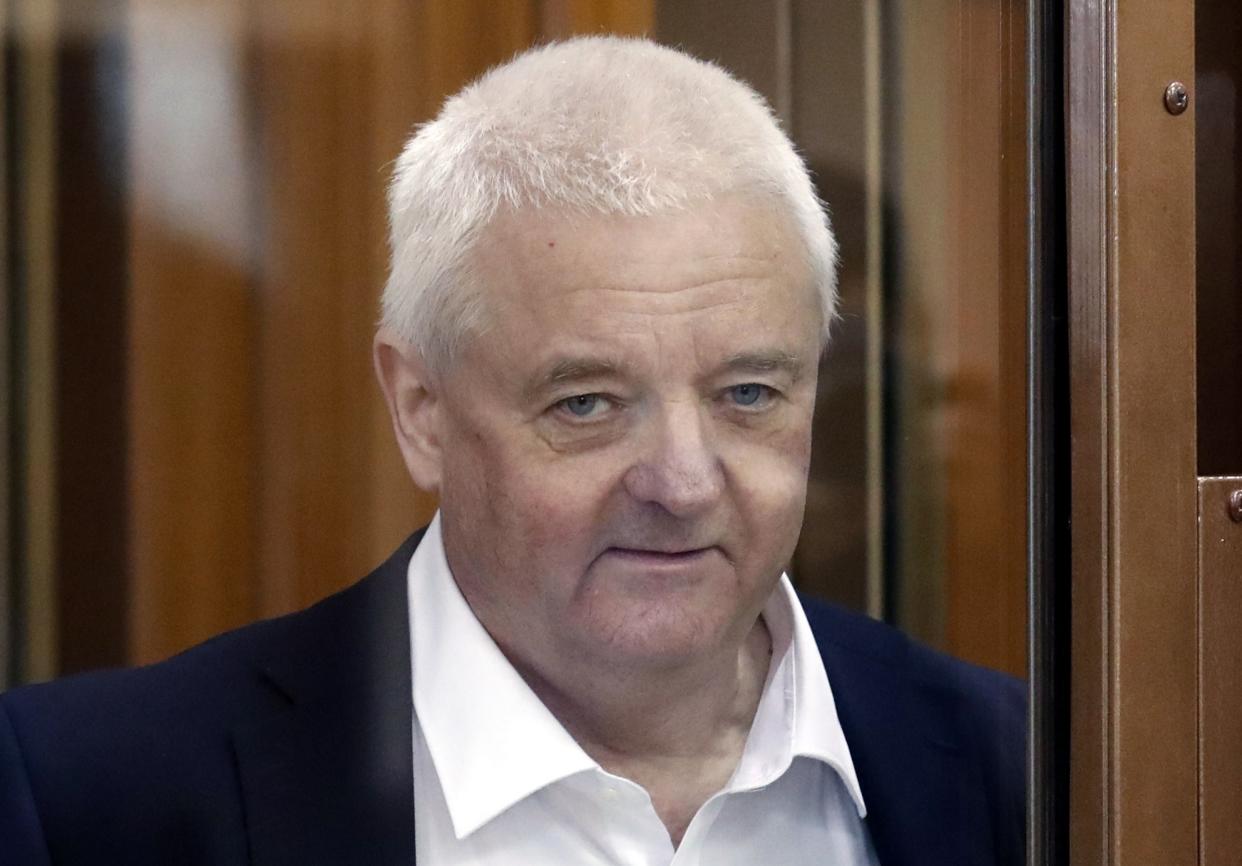Russia, Norway and Lithuania agree novel three-way spy swap

Russia, Lithuania and Norway made history on Friday with a three-way spy swap freeing a total of five men.
The tricky manoeuvre was designed to get around the fact Norway had no Russian spies to swap for its own citizen jailed by Russia.
The move began in Vilnius in the morning, when Lithuania’s president Gitanas Nauseda pardoned two Russians. The pardons had been expected ever since the country’s parliament voted to extend Mr Nauseda such rights last week.
Sergey Moiseyenko and Nikolai Filipchenko, described as career intelligence officers, were convicted of spying for Russia in 2014 and 2015 respectively.
Then, the focus turned to Moscow. Around midday, Sergei Naryshkin, head of the SVR, Russia’s Foreign Intelligence service, announced “mirror measures” would soon follow.
It was left to local press to fill in the details.
Completing a spy triangle, it was reported that Russia would release Yevgeny Mataitis and Aristidas Tamosaitis, two Lithuanians convicted of spying in 2016. And it would also release Frode Berg, the Norwegian in the middle of a 14-year sentence.
Mr Berg, a retired Norwegian border guard, had become somewhat of a cause celebre since his arrest in December 2017.
The 63-year-old was detained in Moscow after being caught sending cash and instructions to various contacts.
Almost immediately, Mr Berg admitted to running errands on behalf of the Norwegian intelligence services. But he denied knowledge of the mission and rejected charges that he had been collecting documents related to nuclear submarine science.
Mr Berg’s ongoing detention had been a major source of irritation between Norway and Russia. The issue was brought up several times in the last year at the highest level. But the absence of spy collateral in Norway – there are no Russian officers in its jails – made a deal tricky.
That barrier was removed with the participation of Lithuania in the triangular scheme.
Read more
US-Russia spy swap under way after deep-cover agents admit guilt

 Yahoo News
Yahoo News 
